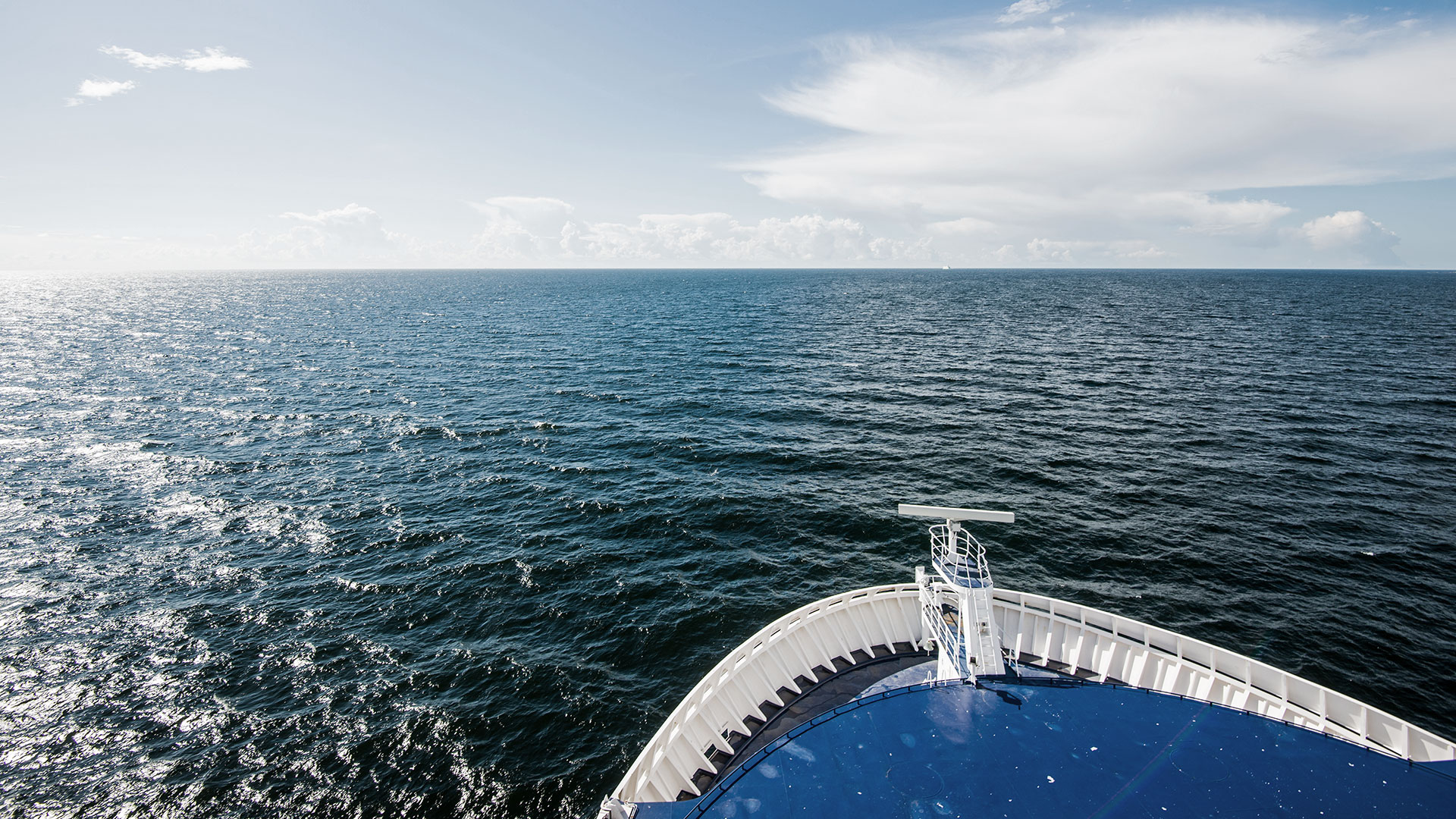Can energy companies agree amongst themselves to wind down their coal plants? Can companies that use packaging materials coordinate a switch to recycled plastic even if it might drive up consumer prices?
Sustainable development through competitor cooperation?


Anna Kuusniemi-Laine
Related services

As competition lawyers, we want to believe that competition drives companies towards sustainable development. Many consumers will choose a sustainable product or service as long as it is not more expensive than its alternative, while some are prepared to pay a premium for sustainability.
But what happens when the competitor who takes the first step ends up losing the competition? If there is no reward for blazing a trail, no one will take the risk. Change is not cheap, and despite their good intentions, consumers are often unwilling to open their purses any wider. This is particularly true with bulk goods.
So, should competitors work together to develop more responsible products and services? While this could benefit all of society, the danger is that this kind of cooperation would be seen to be a cartel or to otherwise be a violation of competition law.
Competition law does allow agreements that restrict competition as long as they provide consumers with efficiency benefits. Efficiency benefits include streamlining of production or distribution or technological or economic development. Based on the wording, one could fit the development of ecologically sustainable products or the abandonment of polluting technology under the umbrella of technological development. Case law does not pose an obstacle to this interpretation, either.
In competition law, efficiency benefits have been assessed from an economic perspective based on, for example, prices or output. As of yet, there is no case law or authority guidance on sustainability as an efficiency benefit. However, as the limits of the planet are fast approaching, the interpretation of law must keep up.
The European Commission will soon be updating its guidelines on cooperation between competitors. It could be worth it for parties submitting statements to the Commission to point out that cooperation between competitors could be an effective way to fight climate change.










